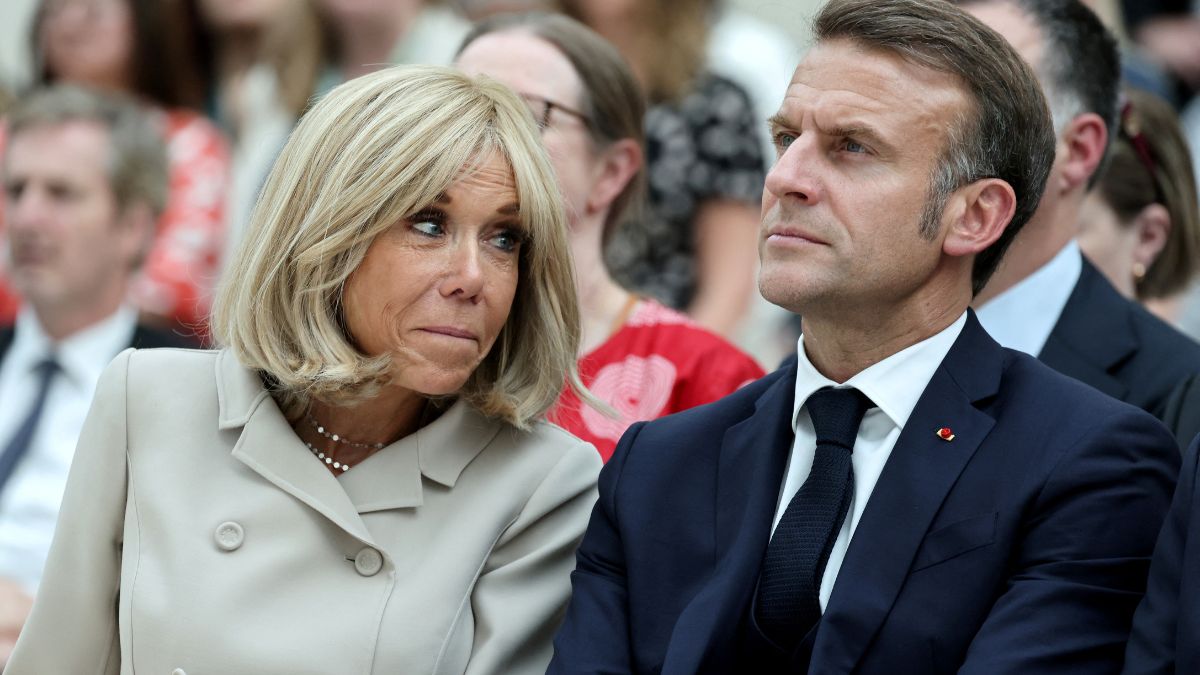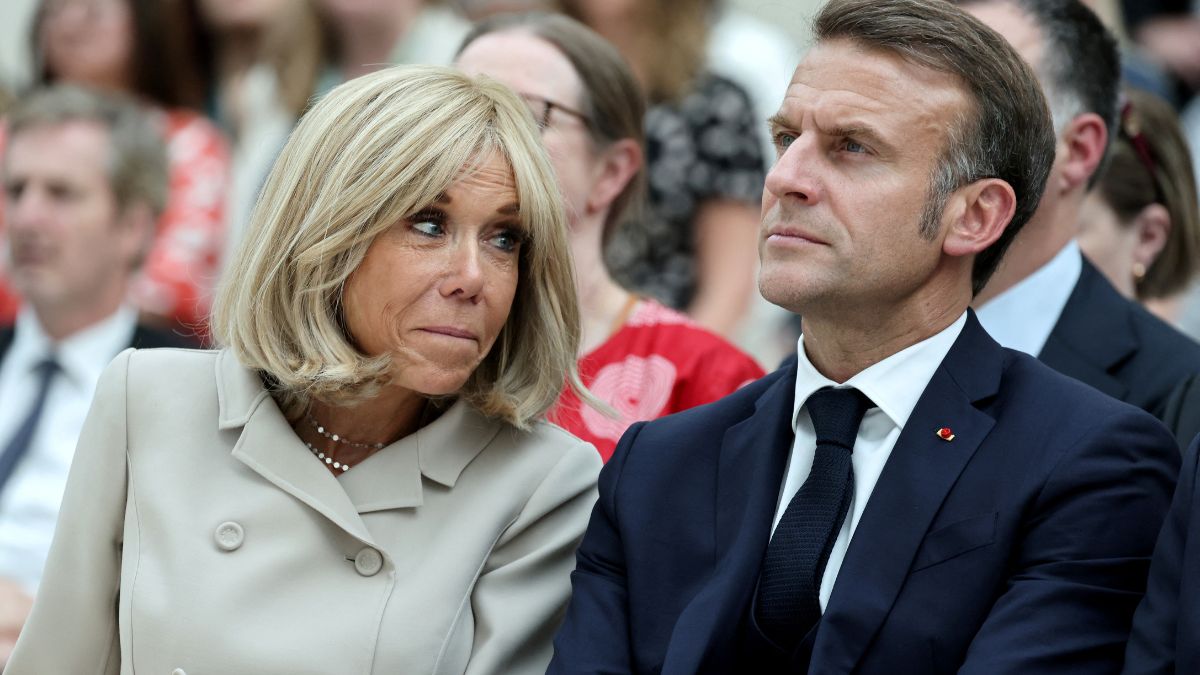China has accused US chipmaker Nvidia of flouting its anti-monopoly laws, in the latest action against Trump’s tariff threats.
The country’s market watchdog made the statement after conducting a preliminary probe into Nvidia’s business practices. However, it failed to mention how the chipmaking company had violated its rules.
Meanwhile, Nvidia has denied the allegations, saying that it complied with the law “in all respects” and will continue to cooperate with “all relevant government agencies”.
The two countries have traded barbs over the past six months since US President Donald Trump hit China with massive tariffs, before lowering them to 30 per cent, and threatened to shut down popular social media app TikTok. China has responded with 10 per cent tariffs and antitrust probes against the likes of Alphabet’s Google, signalling more regulatory scrutiny on US firms.
US-China trade talks
Beijing’s assertion came after US and China resumed trade talks in Madrid, Spain, yesterday, seeking to narrow differences on trade and technology that have strained relations between the world’s two largest economies.
Talks restarted at Spain’s foreign ministry, a day after delegations led by US Treasury Secretary Scott Bessent and Chinese Vice Premier He Lifeng opened the latest round of discussions. The meetings are expected to continue through Wednesday.
The agenda includes two of the thorniest issues in the bilateral relationship: President Donald Trump’s threat of steep tariffs on Chinese imports and Washington’s demand that TikTok be sold to a non-Chinese owner or face a US ban by September 17.
Trump threatens companies
Last month, Trump threatened to impose new tariffs on countries that “attack” American tech companies, saying that digital taxes are meant to harm the tech interests of the US.
He added that such taxes and regulations “give a complete pass” to China and declared that if countries do not remove the legislation, then Washington will “impose substantial additional tariffs” on that particular nation’s exports to the country to the US.
Impact Shorts
More ShortsMany countries, particularly in Europe, have levied taxes on the sales revenue of digital service providers, including Alphabet’s Google, Meta’s Facebook, Apple and Amazon. The issue has been a longstanding trade irritant for multiple US administrations.
With inputs from agencies


)

)
)
)
)
)
)
)
)



